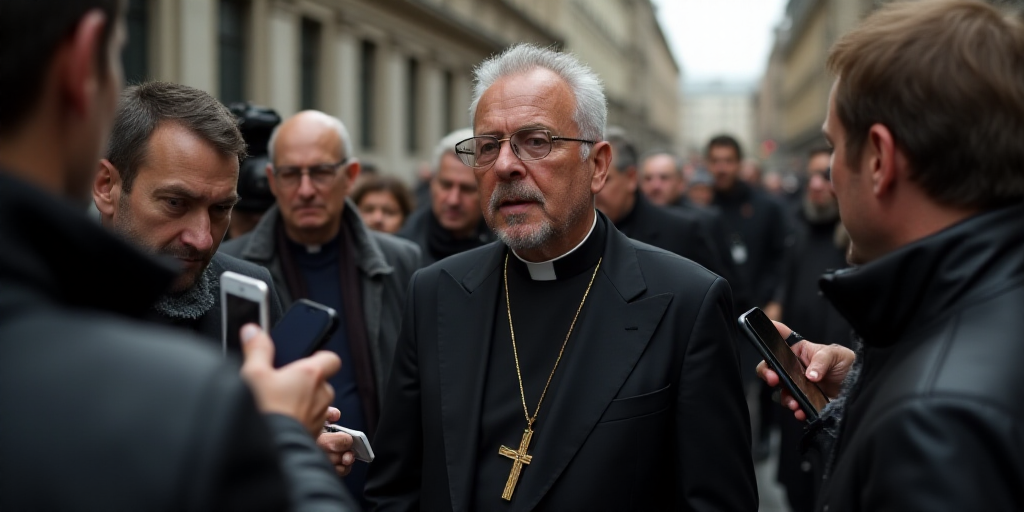Background and Relevance of the Event
In a historic gathering, 133 cardinal electors have convened in Rome to select the next successor of Pope Francis, shaping the future of the Catholic Church, which boasts a staggering 1.4 billion followers worldwide.
These cardinal electors, representing diverse geographical and cultural backgrounds, are tasked with the significant responsibility of choosing a new leader for one of the world’s oldest and most influential religious institutions. Their decision will have far-reaching implications for the Catholic Church and its adherents, as well as global religious and political landscapes.
The Cónclave Process
A cónclave, or sealed conclave, is a meeting of the College of Cardinals to elect a new pope. This tradition dates back centuries, ensuring the Church’s stability and continuity through generations. The current cónclave follows the resignation of Pope Benedict XVI in 2013 and the subsequent election of Pope Francis.
With Pope Francis nearing the end of his second term, the cónclave marks a pivotal moment for the Catholic Church. The electors will cast their votes in secret, adhering to strict guidelines to maintain the integrity and confidentiality of the process.
Key Cardinal Electors and Their Influence
Among the 133 cardinal electors are several prominent figures, each with unique perspectives and influence within the Church. Some notable names include:
- Giovanni Battista Re: Prefect of the Congregation for Bishops, Re is a strong contender due to his extensive experience in Church administration.
- Angelo Amato: Prefect Emeritus of the Congregation for Bishops, Amato has deep connections within the Church hierarchy and is considered a potential bridge-builder.
- Luis Antonio Tagle: Prefect of the Congregation for the Evangelization, Tagle is known for his progressive views and strong emphasis on social justice.
- Francesco Coccopalmerio: Close confidant of Pope Francis, Coccopalmerio’s influence may sway the election in favor of a continuation of Francis’ reformist agenda.
Impact on the Catholic Church and Beyond
The new pope’s leadership style, theological stance, and administrative approach will significantly impact the Catholic Church’s direction. Key areas of influence include:
- Social Issues: The new pope’s views on topics such as abortion, LGBTQ+ rights, and women’s ordination will shape the Church’s stance on these critical matters.
- Interfaith Dialogue: The pope’s commitment to fostering understanding and cooperation with other religions will influence global religious relations.
- Global Poverty and Inequality: The new pope’s priorities in addressing poverty, social justice, and economic disparities will resonate with the Church’s vast global following.
Key Questions and Answers
- Who are the 133 cardinal electors? The 133 cardinal electors represent diverse geographical and cultural backgrounds, each bringing unique perspectives to the cónclave.
- What is a cónclave? A cónclave is a meeting of the College of Cardinals to elect a new pope, ensuring the Church’s stability and continuity.
- What factors will influence the new pope’s leadership? The new pope’s views on social issues, interfaith dialogue, and global poverty will significantly impact the Catholic Church’s direction.






